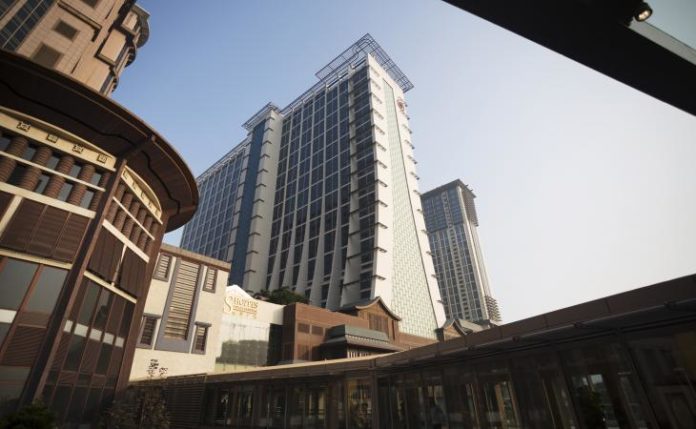The Nevada Supreme Court has ruled that meetings between Las Vegas Sands Corp. (LVS) and Chinese government officials helped the casino company secure a gaming concession in Macau, according to a July 22 ruling. However, for the second time, the court has reversed a decision to force casino magnate Sheldon Adelson’s company to pay Hong Kong businessman Richard Suen US$70 million (MOP559 million). The ruling came after the U.S. court granted a rehearing in the 12-year legal battle between LVS and Suen. Suen claims it was through his efforts and connections with Beijing officials that the gaming operator obtained its gaming license in Macau. Nice connections According to the filing in the Nevada Supreme Court, Round Square, a company registered in Hong Kong and partially owned by Suen, engaged with LVS offering assistance in obtaining a gaming concession, and arranged meetings with high ranking Beijing officials. ‘Suen and his associates set up meetings in Beijing between Sheldon Adelson, LVS’s Chairman and Chief Executive Officer; William Weidner, LVS’s former President; and high-ranking officials from the PRC. Eventually, Macau granted LVS a sub-concession that permitted it to build, finance, and operate casinos,’ the court’s post-judgement order stated. During the court hearings, LVS’ former President William Weidner stated that he wanted to benefit from Suen’s connections and meet with China’s Vice Premier Qian Qichen. The former LVS president also testified that the meetings were valuable for LVS to learn about the Chinese and Macau governments, while making the group appear helpful with China’s bid to host the 2008 Olympics in Beijing. No pay back Las Vegas Sands representatives have previously argued – among other reasons to dismiss the claim – that the case should be overturned due to the simple fact that the firm was never granted an official gaming concession by the Macau Government in the first place, but instead received a sub-concession. In March this year, the court stated ‘insufficient evidence’ to support a May 2013 jury verdict in favour of Suen, and ordered a new trial to determine damages. Although the Nevada Supreme Court has now sided with Suen, who claimed the arranged meetings were vital in order to arrange the license, the court maintained the ruling that LVS is not mandated to pay the businessman US$70 million, claiming there wasn’t substantial evidence to support the claim that Round Square’s services amounted to that value. The court ruling stated ‘the contract price and the reasonable value of services rendered are two separate things, and although the contract price may accurately capture the reasonable value of services rendered, it may also depart from it substantially.’ The court also indicated that the US$1 million Sands wanted to pay wasn’t viable either.
—
























